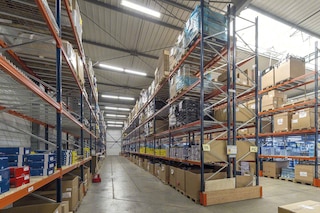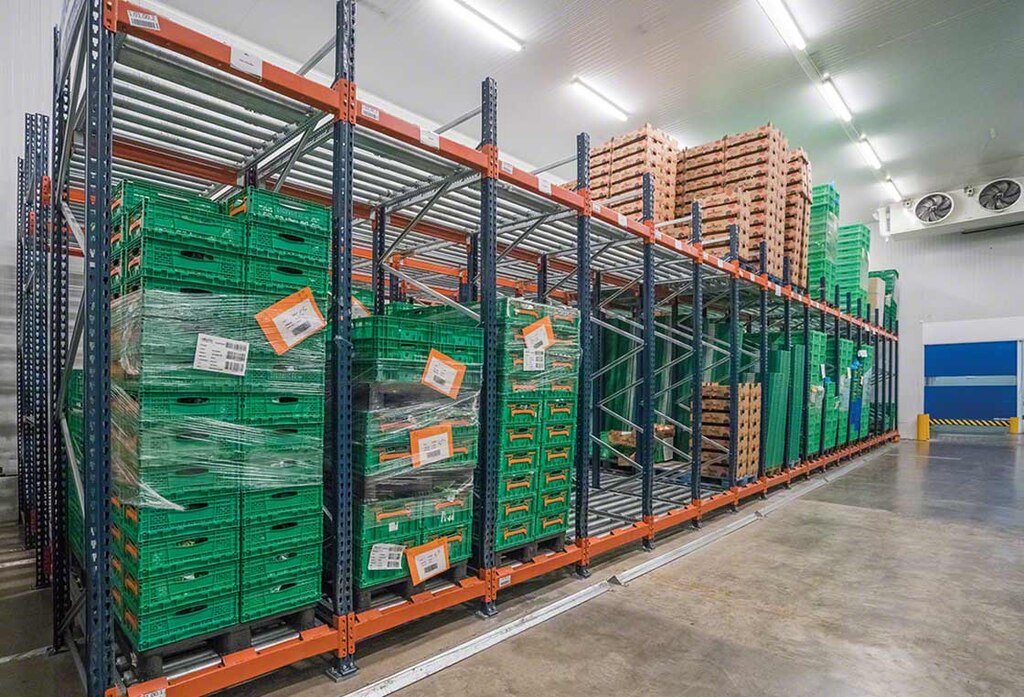
What are the different types of stock?
For a logistics business, in-warehouse stock management presents a real challenge, not only from a financial point of view but also for keeping tabs on customer satisfaction. Different types of stock are sorted in different ways depending on their performance or the function they serve.
Managing stock properly is indispensable, especially nowadays when the competition seems stronger than ever before. The bottom-line is to cultivate your company’s image by delivering products right on time and in perfect shape.
That’s why, to get accurate stock analysis, whenever possible products should be divided into various categories, according to the sorting criteria you plan to use. Three potential types of stock include::
1) Stock by function
Safety stock
Sometimes you need to compensate for stock flows in exceptional circumstances, like during order peaks or delays from some of your suppliers. So, you should always have safety stock.
Stock alert
Just like its name, in real life warehouses this stock signals when replenishment must happen. Figure out this stock’s threshold, which absolutely must be more than your safety stock, since its purpose is totally different.
Seasonal stock
Sometimes of the year just boom with activity. Seasonal stock lets you deal with periods with higher than usual customer ordering.
Inactive stock
All dead, obsolete SKUs fall into this category, since they can’t be sold or somehow tacked onto customer orders (different packaging, new regulations, etc.).
Stock in transit
All goods that continue to flow through manufacturing or sales processes fit here: deliveries in-progress, packaging in-progress, manufacturing in-progress, etc.
Speculative inventory
By purchasing stock in more quantities than you really need, your business can receive valuable discounts and much lower than usual product pricing. You might also have to build-up this stock type if your suppliers are thinking of hiking prices on certain products you carry.
2) Stock by expiration date
Perishable stock
Stock in this category includes all time-sensitive products and merchandise.
Non-perishable stock
Compared to perishable stock, this type of stock is rarely affected by shelf times.
Expiration dated stock
Once the set date has passed, these products can no longer be sold.

3) Stock by operational setup
Logistics companies deal with their stock differently and sort it by their operational setup, taking day-to-day business into account.
Optimal stock
Finding the right balance is what every business strives for. This balance lets you earn top profits by minimizing overall maintenance costs. Thanks to this type of stock, you can respond positively to demands and to your business’s material consumption and your customers’ in slow season.
An optimal stock approach lets you avoid situations like stock breakage or excess storage. Everything is calculated, so you have precisely the quantity of product you need on hand.
Physical stock
As its name implies, this stock accounts for all available SKUs in your warehouse.
Net stock
This involves physical stock, but does not include unprocessed customer orders.
Available stock
Add your net stock and the orders sent from your suppliers (pending reception), and that’s your available stock.
Minimum stock
Your warehouse must always have minimum quantities of stock on hand, namely, minimum stock. If stock falls to minimum levels, you must reorder goods to replenish this level.
Maximum stock
This type of stock represents the maximum limit which must not be overstocked. Determine a threshold as per your company’s needs and each one of the stored products.
Sorting your stock by category is essential in terms of logistics. As you have already noticed, there are different ways to separate types of stock: by function, according to the expiration date, operational setup, etc. It is also possible to divide stock by its economic value (ABC system) and its usefulness to a company (retail or industrial).
